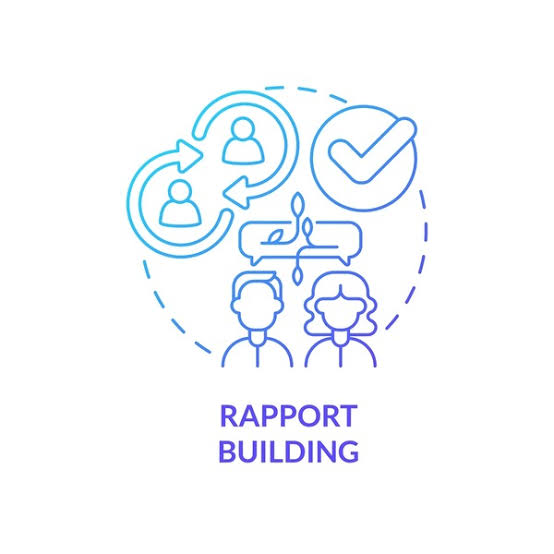
The first tutoring session sets the tone for everything that follows. It’s not just about determining academic needs, it’s about building a relationship grounded in trust, safety, and mutual respect. A strong rapport helps students feel seen, heard, and motivated to engage.
Start with low-pressure icebreakers that invite personal connection. Ask about their favorite subjects, hobbies, or what they enjoy outside of school. Questions like “What’s something you’re proud of this year?” or “If you could learn anything instantly, what would it be?” spark curiosity and self-reflection. For younger students, fun games or drawing activities can ease nerves and build warmth.
Tone-setting is equally crucial. Be calm, friendly, and affirming. Use open body language and active listening cues like nodding and paraphrasing. Avoid jumping straight into assessments, begin with a collaborative conversation about goals and expectations. Frame tutoring as a partnership: “We’ll figure this out together,” rather than “I’ll teach you how.”
Trust-building deepens when students feel emotionally safe. Validate their experiences, whether it’s frustration with maths or anxiety about exams. Share your own learning journey or a time you overcame a challenge. This models vulnerability and resilience. Be consistent with praise, but make it specific: “I noticed how you stuck with that tricky problem, great persistence!”
Finally, end the session with a positive anchor. Summarize one win, preview what’s next, and invite feedback: “Was there anything today that felt helpful or confusing?” This sets the stage for a growth-oriented relationship.
When rapport is built intentionally, tutoring becomes more than academic support, it becomes a space where students feel empowered to learn, grow, and thrive.
Sophia McLean

